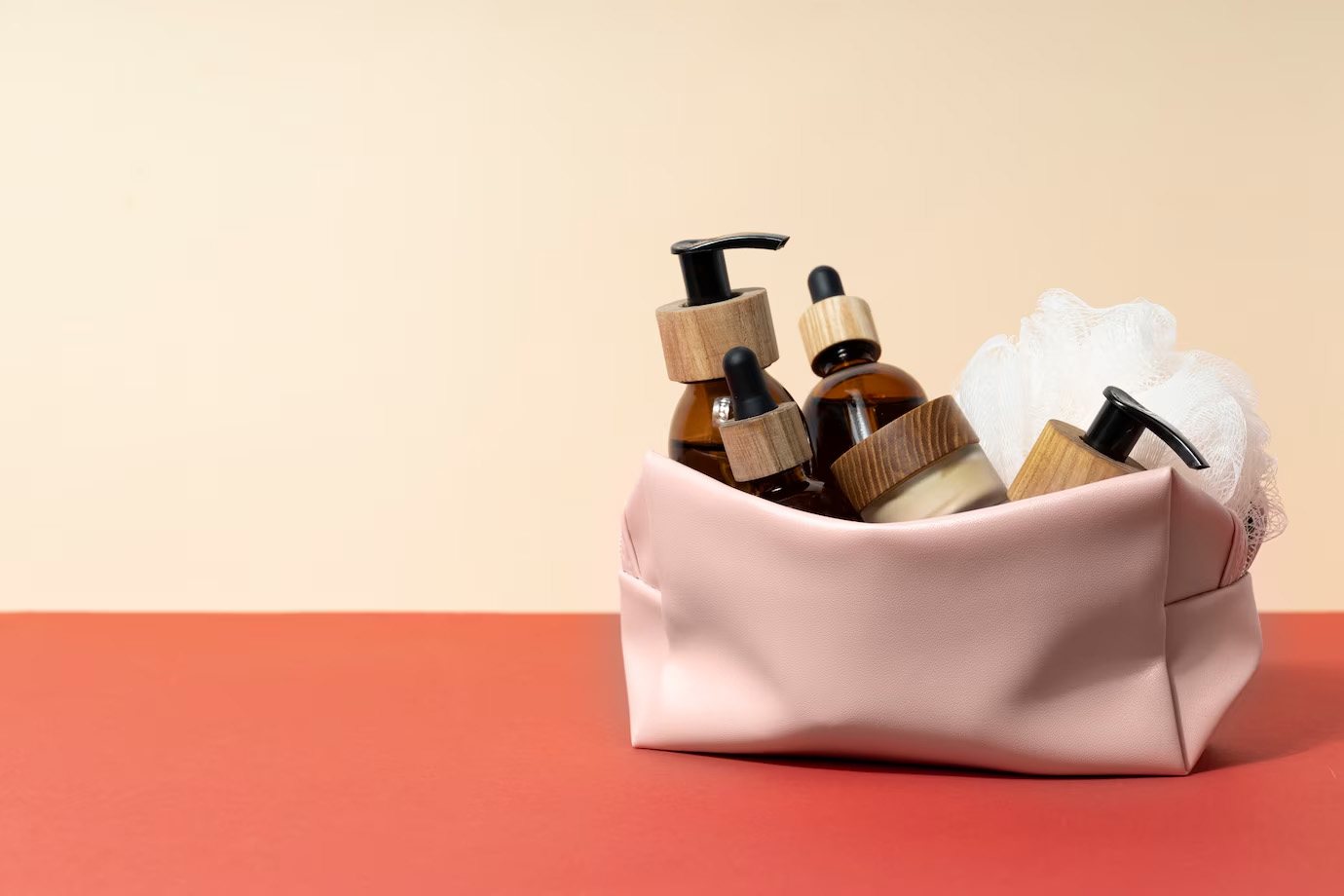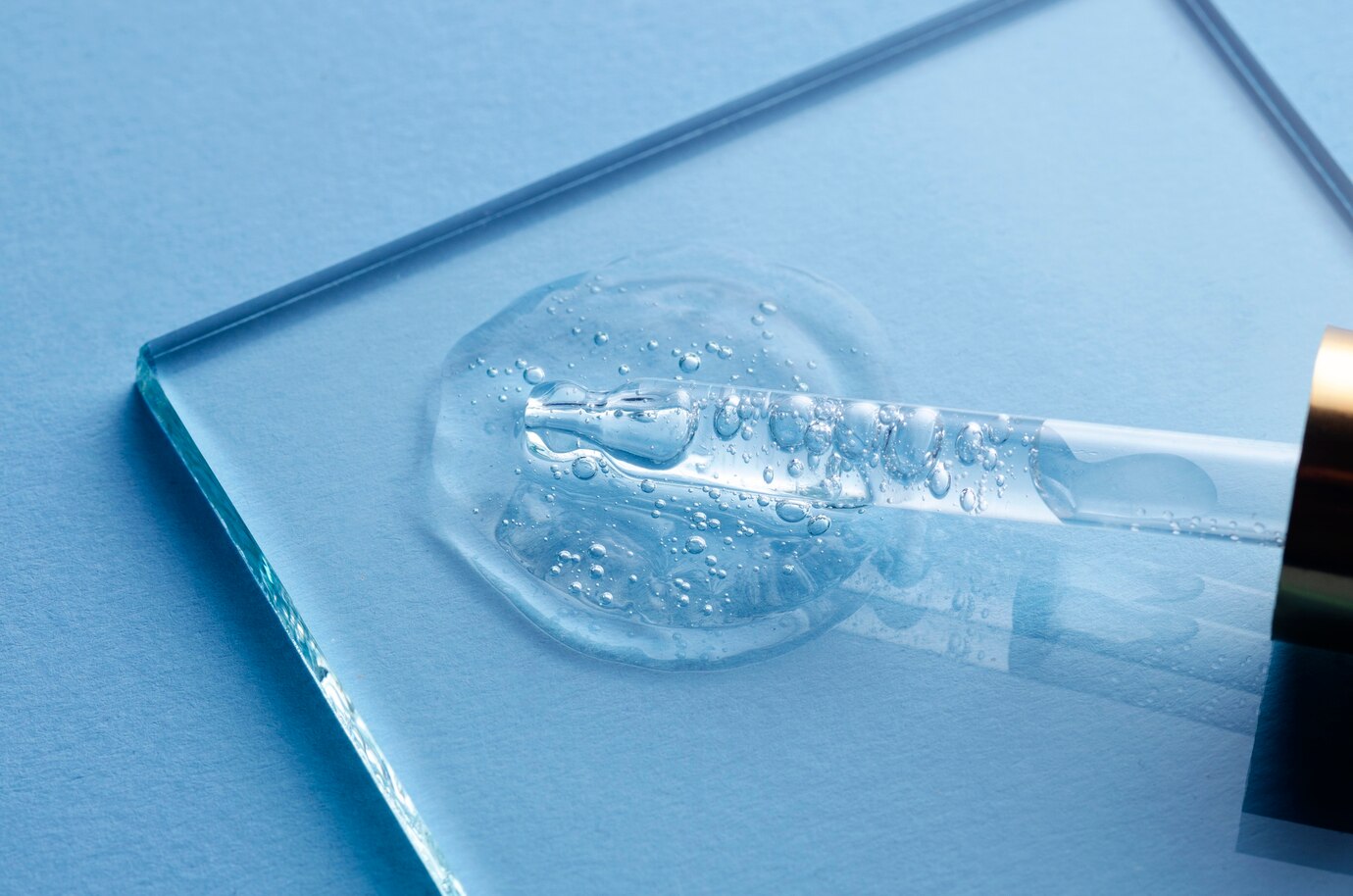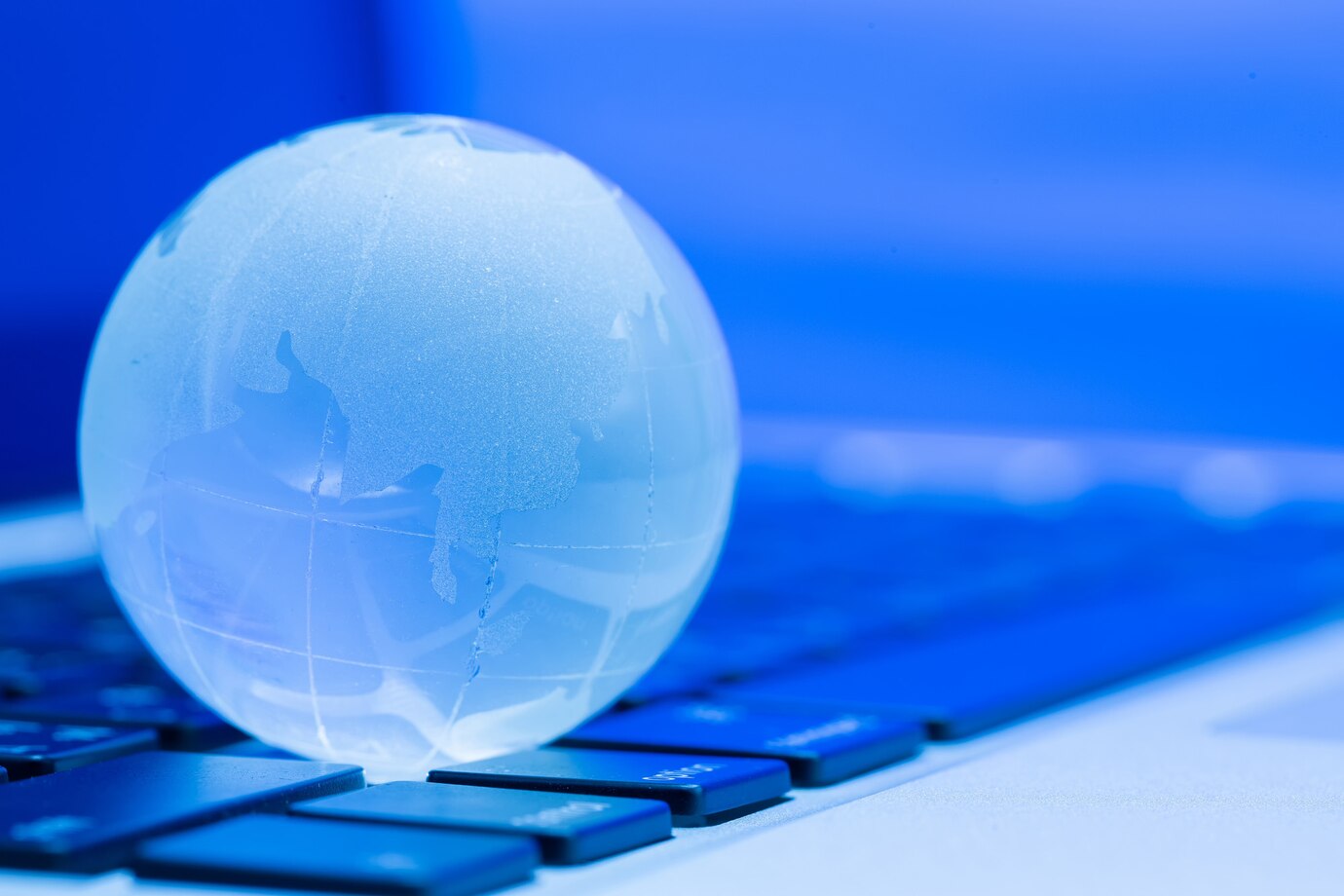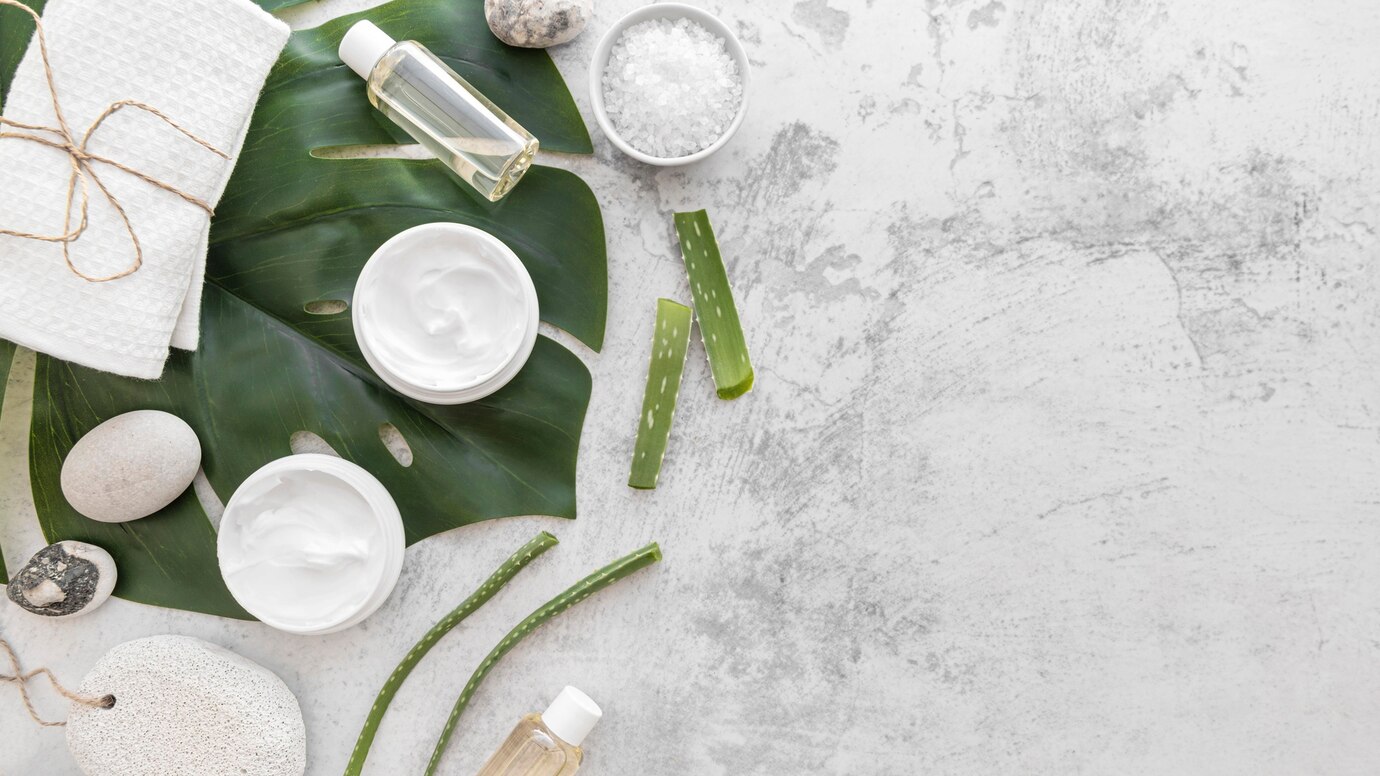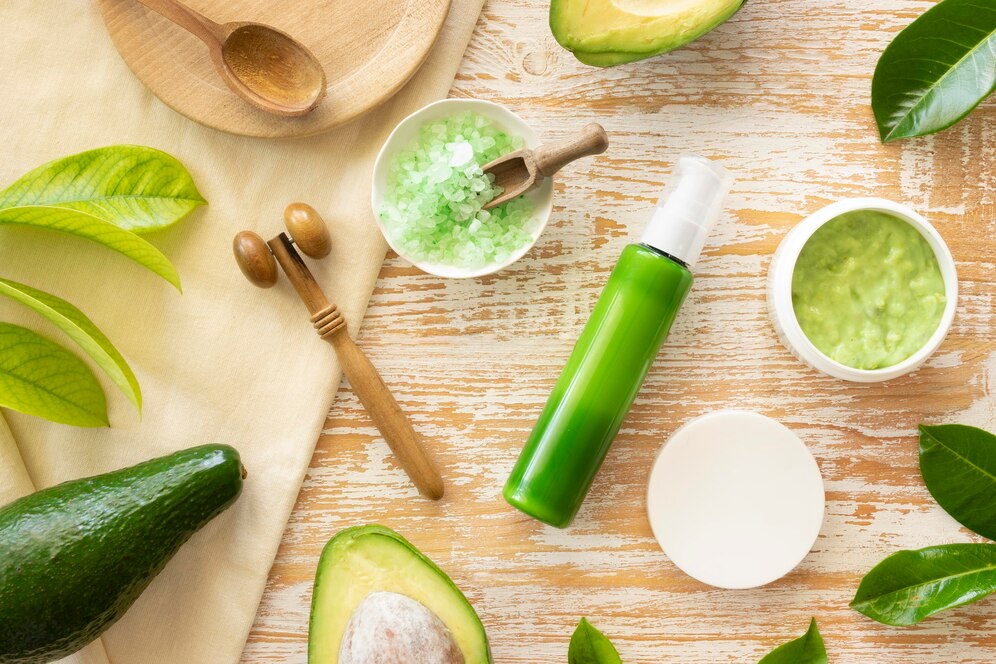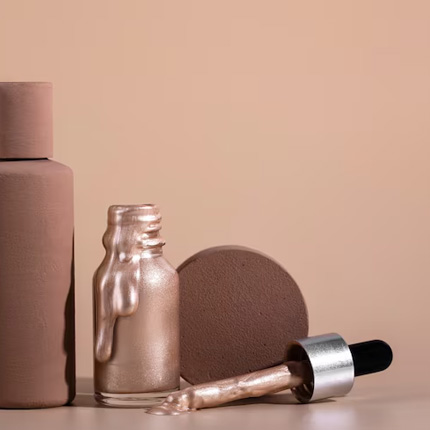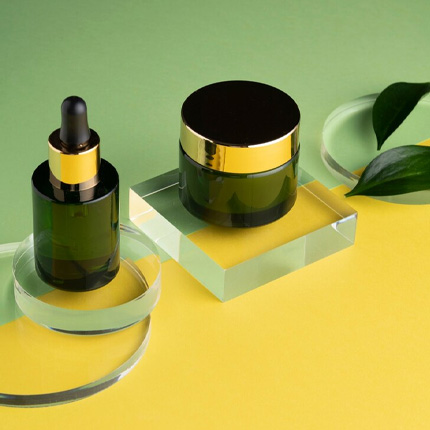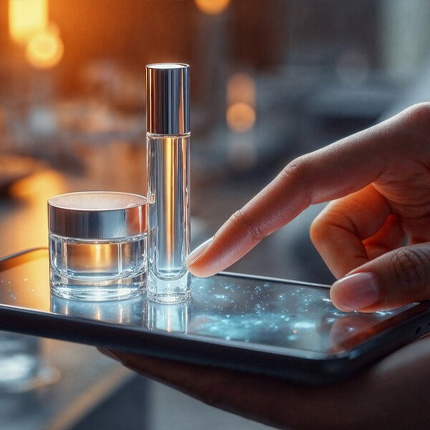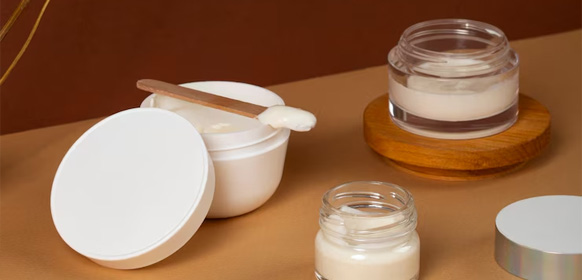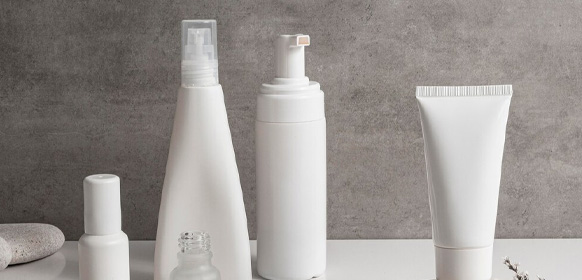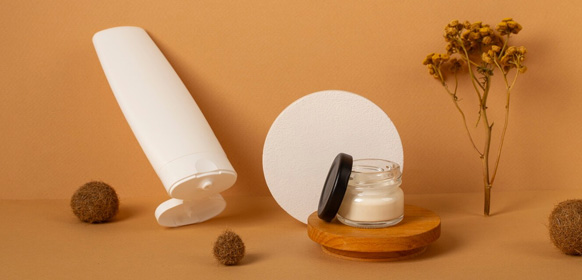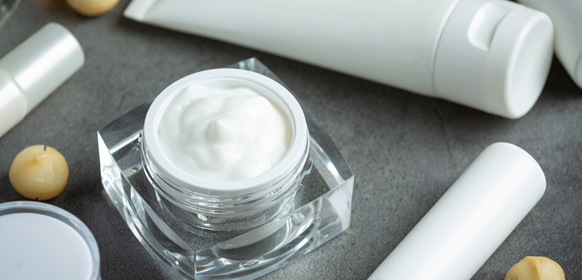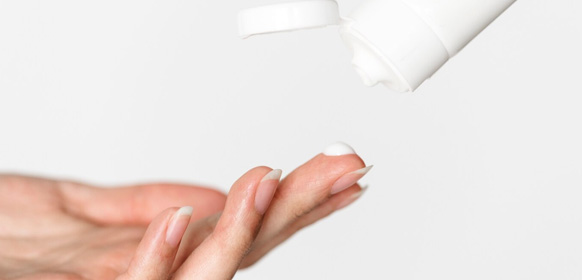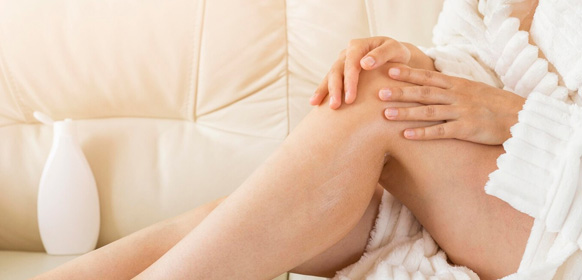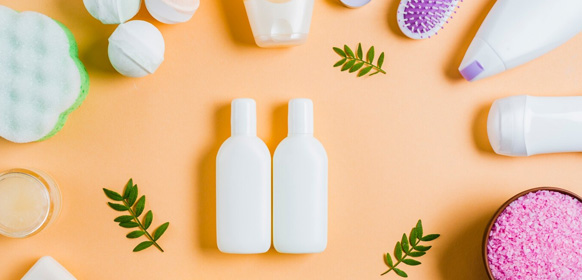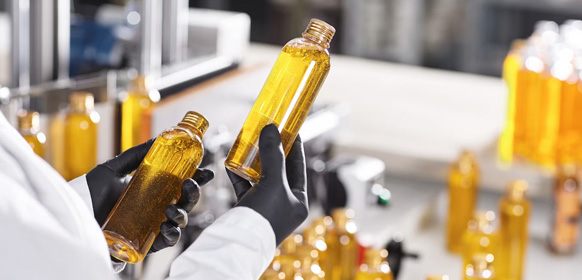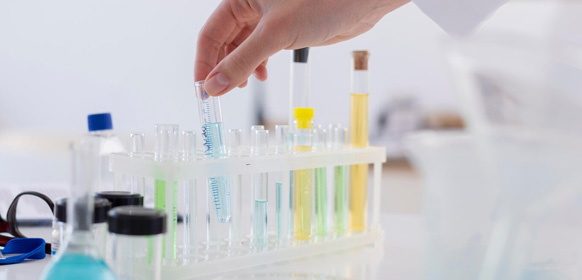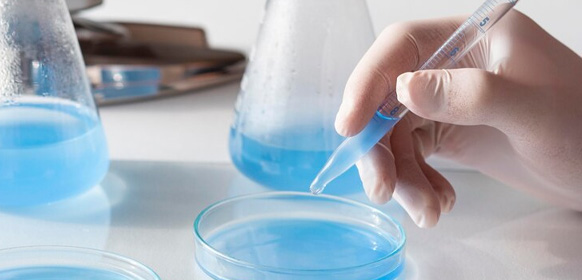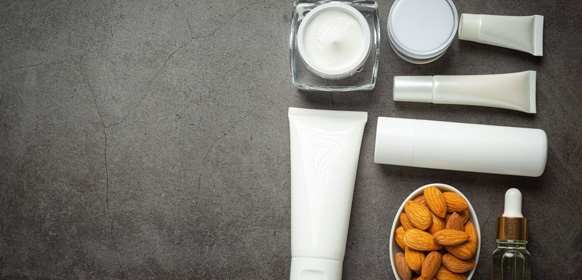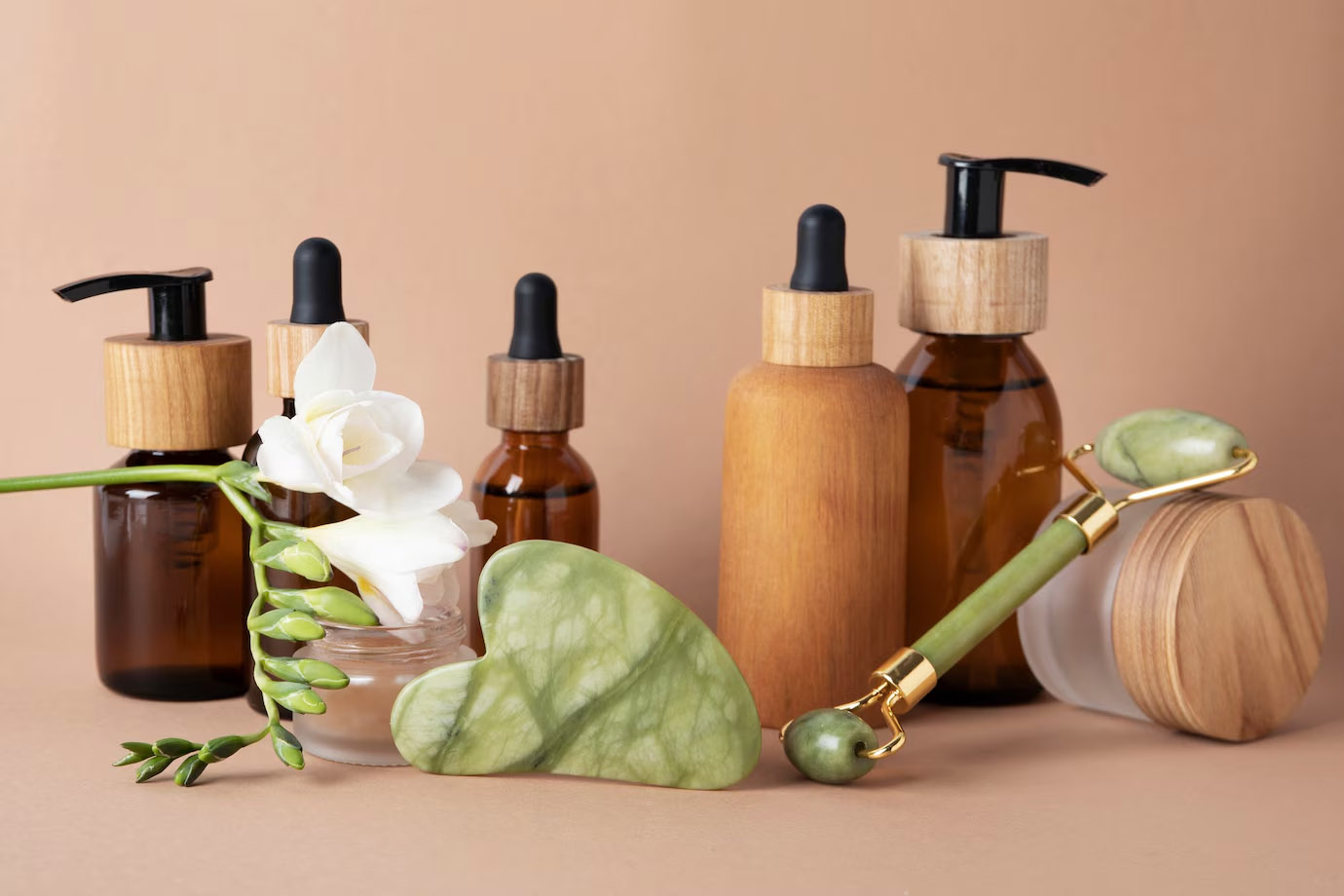
In an era where ethical and religious compliance drives purchasing decisions, Halal certification has become a critical differentiator for skincare brands targeting Muslim-majority markets. Valued at $94 billion globally in 2024, the Halal cosmetics sector is growing at 8.2% annually, fueled by rising demand for products that align with Islamic principles. For brands, partnering with a Halal-certified OEM manufacturer is not just about ingredient compliance—it’s about embedding ethical sourcing, cruelty-free practices, and supply chain transparency into every step of production. This article explores the essential practices for Halal-certified manufacturing of hand care products, foot masks, and skincare solutions, equipping brands to build trust in markets like Indonesia, Malaysia, and the Middle East. Learn how industry leaders like Guangzhou Huanyan Cosmetics integrate Halal standards into their ISO 22716-certified processes to deliver both compliance.
1. Why Halal Certification Matters in Skincare OEM
Halal certification ensures products meet Islamic dietary and ethical laws, prohibiting:
- Haram (forbidden) ingredients: Alcohol, pork-derived components (e.g., gelatin, collagen), and blood byproducts.
- Cross-contamination: Equipment used for non-Halal products must undergo rigorous purification (Istihalah).
- Unethical practices: Animal testing or exploitative labor.
Beyond religious compliance, Halal certification signals:
- Quality Assurance: Halal audits often exceed standard GMP requirements, covering hygiene and traceability.
- Market Access: 65% of Indonesia’s 280 million population and 33% of the Middle East’s consumers prioritize Halal cosmetics (Statista, 2024).
- Brand Loyalty: 78% of Halal-certified skincare users repurchase from brands that verify compliance (IMARC, 2023).
2. Core Requirements for Halal-Certified OEM Production
A. Ingredient Compliance
- Alcohol-Free Formulations: Replace ethanol with Halal-approved solvents like glycerin or propanediol in hand sanitizers.
- Animal-Derived Alternatives: Use plant-based collagen (e.g., wheat protein) instead of porcine sources in foot masks.
- Ethical Sourcing: Ensure suppliers provide Halal certificates for raw materials like hyaluronic acid or emulsifiers.
Huanyan’s Approach: Maintains a Halal-compliant ingredient library with 1,200+ pre-vetted components, including fermented actives and vegan preservatives.
B. Production Line Segregation
- Dedicated Facilities: Separate production zones for Halal and non-Halal products to prevent cross-contamination.
- Equipment Sanitization: Implement Istihalah protocols (e.g., 7-stage cleaning for machinery previously used with alcohol-based products).
3. The Halal Certification Process: Steps and Challenges
A. Certification Bodies
- JAKIM (Malaysia): The gold standard for ASEAN and Middle Eastern markets.
- MUIS (Singapore): Recognized in Halal-conscious non-Muslim markets like Japan.
- GAC (GCC): Essential for Saudi Arabia, UAE, and Qatar.
B. Key Steps
- Documentation Review: Submit ingredient lists, supplier certificates, and SOPs.
- Facility Audit: Inspect production lines, storage, and sanitation practices.
- Product Testing: Verify absence of Haram substances via HPLC or GC-MS.
C. Common Pitfalls
- Hidden Alcohol: Check botanical extracts (e.g., witch hazel) for residual ethanol.
- Packaging Adhesives: Some glues contain animal-derived components.
4. Case Study: Launching a Halal-Certified Foot Care Line
Brand X’s Success in the Middle East
- Challenge: Enter the UAE market with a Halal foot mask containing collagen.
- Solution: Partnered with Huanyan to:
-
- Reformulate: Replaced marine collagen with yeast-derived beta-glucan.
- Certify: Achieved JAKIM Halal certification in 12 weeks.
- Package: Used FSC-certified paper sachets with soy ink.
Result: Secured shelf space in 200+ UAE pharmacies, generating over Millions in Q1 2024.
5. Balancing Halal Compliance with Global Standards
A. Harmonizing with ISO 22716
Halal and GMP standards overlap in areas like traceability and hygiene. Huanyan’s ISO 22716-certified facility in Zengcheng integrates Halal protocols into existing workflows, minimizing redundancy.
B. Multi-Certification Strategies
- Combine Halal with COSMOS Organic for eco-conscious markets.
- Pair with Leaping Bunny to appeal to vegan audiences.
6. How to Choose a Halal-Certified OEM Partner
- Verify Active Certifications: Ensure the manufacturer holds credentials from recognized bodies (e.g., JAKIM, not self-certified).
- Audit Transparency: Request access to Halal audit reports and ingredient COAs.
- Ethical Alignment: Confirm cruelty-free testing and fair labor practices.
- Scalability: Assess ability to handle seasonal spikes (e.g., Ramadan demand for gift sets).
Huanyan’s Edge: JAKIM-certified since 2021, with dedicated Halal production lines for hand masks and foot care products.
7. Future Trends in Halal Skincare OEM
- Waterless Formulations: Reduce preservatives like alcohol while meeting Halal standards.
- Gender-Neutral Products: Develop unisex hand creams and foot scrubs for younger Muslim demographics.
- Traceability: Halal certification details and ingredient origins.
Halal-certified production is no longer a niche requirement—it’s a strategic imperative for brands targeting the $94 billion Islamic cosmetics market. By partnering with OEM experts like Huanyan Cosmetics, brands gain access to Halal-compliant formulations, segregated production lines, and ethical practices that resonate with discerning consumers. Specializing in hand & foot care manufacturing, Huanyan exemplifies how rigorous certification processes and cultural sensitivity can transform compliance
